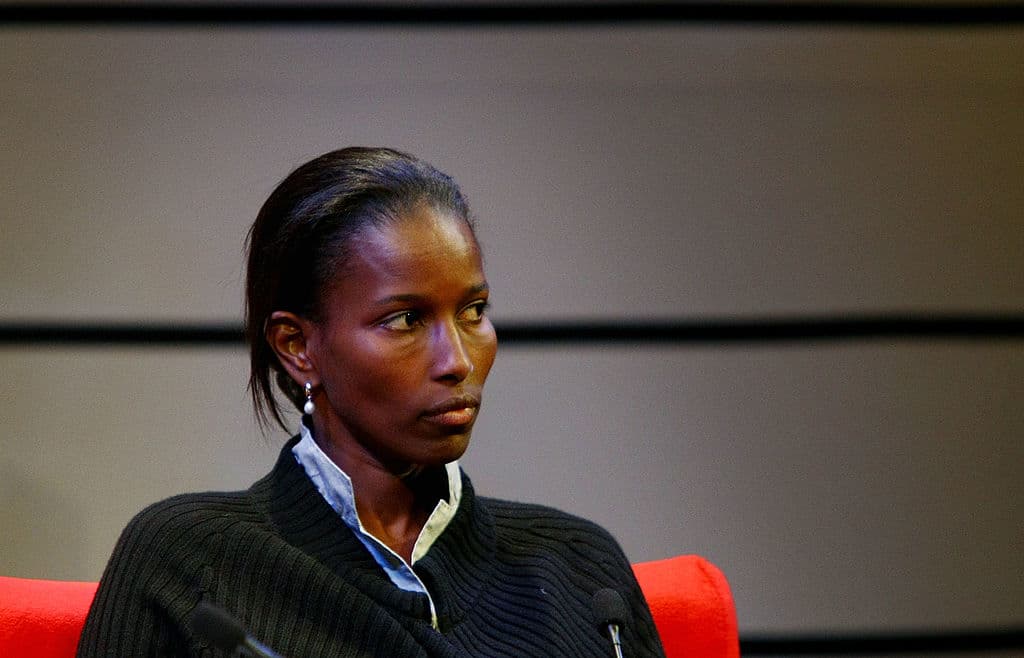Secularists are worried; all is not well. Richard Dawkins in particular is deeply distressed and disturbed. A wave of high-profile Christian conversions is beginning to gather momentum, and he’s worried about it.
Secularism only has one lens through which it perceives and assesses things; it peers or squints through the prism of politics and power. Because of the shock of this wave of conversions, some critical articles have been written trying to explain the phenomenon politically. The way they do so is to construct a conspiracy theory that the “radical right” is in the process of hijacking Christianity, and in particular Catholicism, for its own nefarious political ambitions.
I was reminded of the advice to learn foreign languages when I was a child. The Germans and the French speak differently, think differently and have different values from the isolated English. They see history, politics and even law differently. Translation dilutes more than the words.
But if having access to different languages is important culturally, it’s absolutely vital philosophically. The great and tragic flaw in progressive culture is that it is locked in to a single language and a single dimension of human experience. It’s all about power relations.
And every so often there is an earthquake and the map is changed. There are more prisms through which to understand ourselves than power. Secularism is shocked to its core. Few recent shakings of the secular world view have been as powerful as the conversion to Christianity of one of the foremost new atheists. Christopher Hitchens regarded Ayaan Hirsi Ali as one of “the most important public intellectuals probably ever to come out of Africa”.
Born in Somalia as a Muslim, she and her family fled Somalia and arrived in Holland where they applied for political asylum. Renouncing Islam in 2003, she was elected to the lower house of the States General in the Netherlands. She wrote prodigiously. Time magazine described her as one of the most significant 100 people in the world. On moving to America, she took up a post at Stanford and writes regularly for the influential UnHerd internet site.
Known as a leading voice amongst the new atheists throughout the world, it is hard to overstate the seismic shock of her announcement in the autumn of 2023 that she had become a Christian. As she explained her decision, she said that her journey to atheism was partly caused by her repudiation of the Islamic presentation of God. But her realisation that the whole of Western civilisation which she treasured was under a profound threat presented her with a crisis to which she had no solution. There was nothing to be achieved amongst the new atheists who were joined together by repudiation rather than a capacity for renewal and restoration. Little could be achieved by repeating the mantra that all atheists shared and celebrated that “God was dead”.
The Christian West, she wrote, has a legacy that “consists of an elaborate set of ideas and institutions designed to safeguard human life, freedom and dignity – from the nation state and the rule of law to the institutions of science, health and learning. As Tom Holland has shown in his influential book Dominion, all sorts of apparently secular freedoms – of the market, of conscience and of the press – find their roots in Christianity.
“And so I have come to realise that [Bertrand] Russell and my atheist friends failed to see the wood for the trees. The wood is the civilisation built on the Judeo-Christian tradition.”
Critics suggested that her move was more of a political than an existential one. But recently she elaborated and described the process by which she found Christ. She experienced a period of profound despair, a mixture of the existential and the metaphysical; she resorted to the best therapy that money could buy. Except that one therapist suggested that she might be spiritually bankrupt and this could be something they might discuss.
She demurred and complained that she hated the image of God she had in her head. And so her therapist asked her if she would describe what kind of God she might like to believe in if He existed. To her immense surprise the figure she described once she had finished the process bore an immediate resemblance to Jesus. And Jesus existed. She had discovered to her great surprise and relief that Jesus was the answer to her question and the solution to her pain and despair. Her conversion was both political and relational. “I have also turned to Christianity because I ultimately found life without any spiritual solace unendurable – indeed very nearly self-destructive.”
No Catholic should be surprised. St Augustine advised us that the template of all human seeking could be summed up in his reflection “You have made us for yourselves and our hearts are restless until they find their rest in you.”
If Ayaan Hirsi Ali is a ripple, the accompaniment of Russell Brand, Tammy Peterson and Candace Owens in the last few months look like the beginning of a wave.



